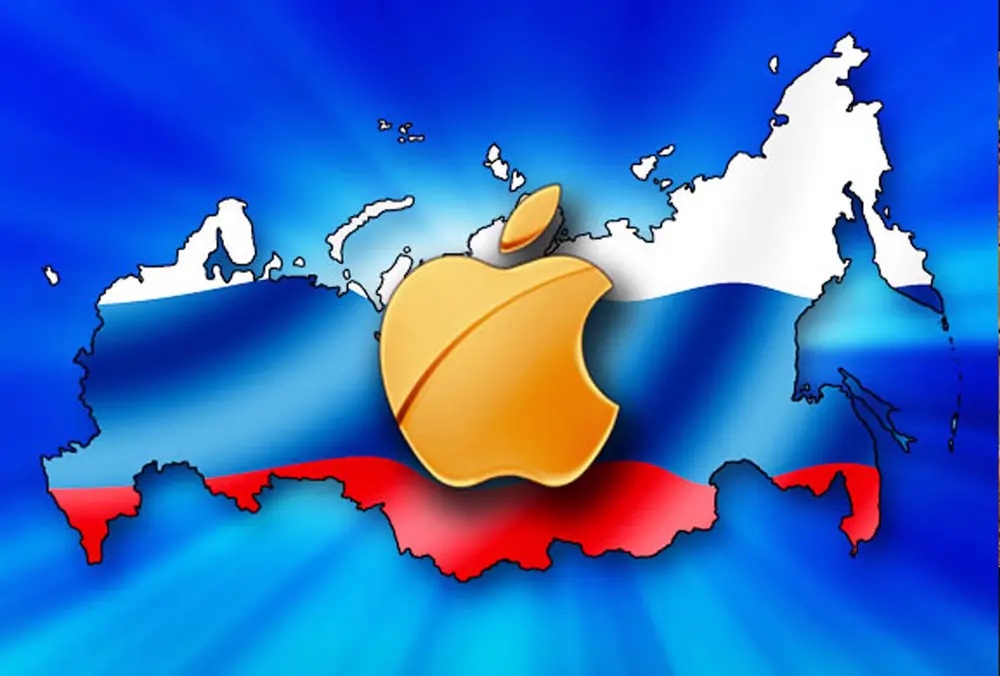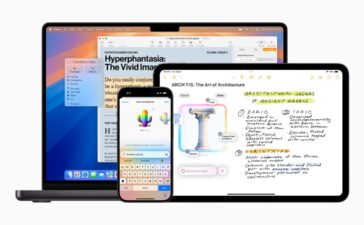The scale of VPN removal in Russia is worse than previously reported as VPN apps keep disappearing from the local Apple App Store, reports TechRadar.
A VPN (virtual private network) establishes a digital connection between your computer and a remote server owned by a VPN provider, creating a point-to-point tunnel that encrypts your personal data, masks your IP address, and lets you sidestep website blocks and firewalls on the internet. This ensures that your online experiences are private, protected, and more secure.
These results from an exclusive report from the App Censorship Project that found 60 apps, including some of the best VPN services on the market, were silently removed by Apple between early July and September 18, 2024. Russia’s censor body, Roskomnadzor, publicly acknowledged only 25 VPN apps.
Highlights from the report:
- Significant Discrepancy Uncovered: While media reports indicated that Roskomnadzor ordered the removal of 25 VPN apps, our study found that over 50 VPN apps were removed by Apple from the Russia App Store during the summer of 2024, bringing the total number of unavailable VPN apps to 98. This significant unavailability contradicts official reports and suggests that the scale of VPN app removals is much larger than publicly acknowledged.
- Ongoing Silent Removals: Evidence shows that Apple continues to remove VPN apps from the Russia App Store without public acknowledgment, affecting more than 20% of identified VPN apps.
- Coordinated Removal Patterns: The concentration of removals on specific dates suggests coordinated actions, possibly exceeding Roskomnadzor’s official requests.
- Impact on Digital Access: Major VPN providers have been removed, significantly limiting Russian users’ access to secure communication tools.
- Call for Transparency: The findings highlight a critical need for transparency and accountability from both Apple and Roskomnadzor regarding app removals that impact digital rights.
On September 5, Fight for the Future — a nonprofit advocacy group in the area of digital rights — has joined a group of more than 40 civil society groups and experts calling on Apple CEO Tim Cook to stop censoring VPN (Virtual Private Network) apps in Russia.
Recent reporting from AppleCensorship.org, a resource that tracks censorship in the Apple App Store by country, shows that Apple has removed several popular VPN apps from the Russian App Store, including Red Shield VPN, Le VPN, HideMyName, and others, in response to demands from Russian censorship authorities.
Fight for the Future says VPNs are critical tools across the globe, especially for people in authoritarian countries where government censorship is rampant and individuals utilize VPNs to access information and exercise free speech. As the letter to Cook states, Apple’s censorship of VPNs goes against its own commitment to human rights “which recognize “the critical importance of an open society in which information flows freely” and state that “hand in hand with the privacy of our users is our commitment to freedom of information and expression.””
“Apple claims to care about freedom of expression, but its censorship of VPNs in its Russian app store is in direct conflict with that ideal,” said Caitlin Seeley George (she/her), campaigns and managing director at Fight for the Future. “Right now, Apple is complicit in the Russian government’s abuse of human rights. The company must restore the blocked VPN services immediately and stop complying with the demands of authoritarian governments to censor content.”
I hope you’ll help support Apple World Today by becoming a patron. All our income is from Patreon support and sponsored posts. Patreon pricing ranges from $2 to $10 a month. Thanks in advance for your support.





